Essay: Remembering the Last Time Princeton Made the Sweet 16 in 1967
‘I was confident that Princeton would continue to be a dominant force in college basketball, as it has been,’ writes Bob Durkee ’69
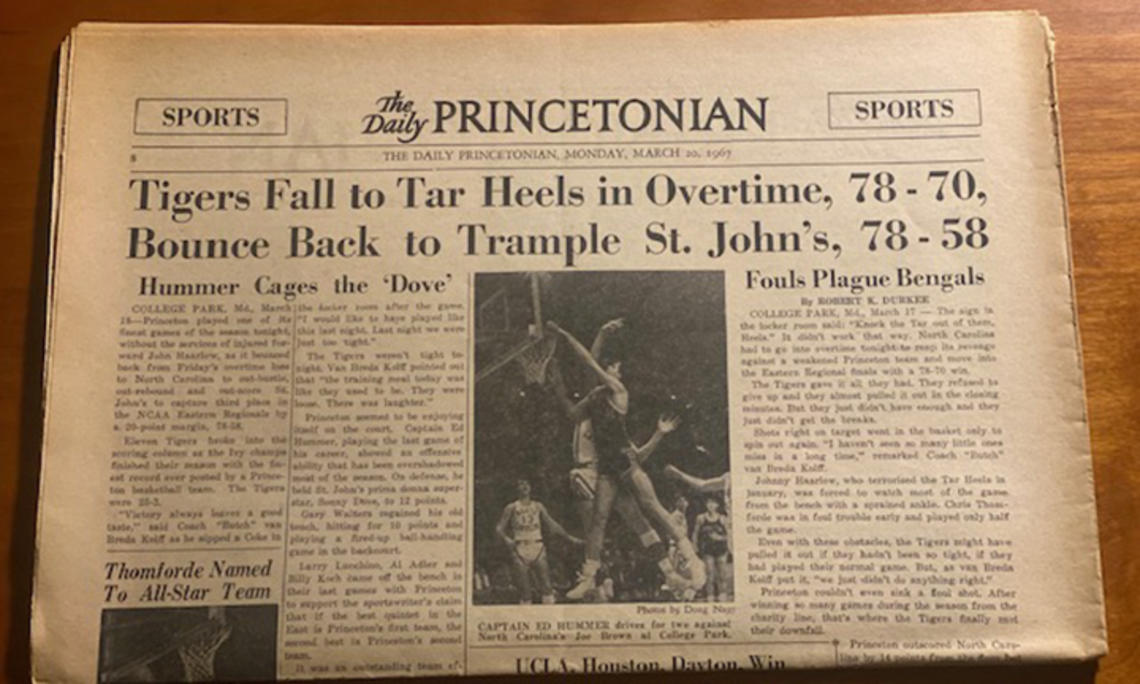
In 1967, there was no “madness” in March, but there was an NCAA basketball tournament, and Princeton was in the equivalent of the Sweet 16. I was there with them as a reporter for The Daily Princetonian.
Today, a team must win the Ivy League tournament and two post-season games to get to the Sweet 16. Back then, a team had to finish first in the league and win one post-season game. The 1966-67 Tigers won the league with a record of 21-2. Their only Ivy loss was to Cornell, but they redeemed that in the last game of the regular season, trouncing the Big Red, 81-66, in front of 3,200 Dillon Gym fans and WPIX New York television cameras.
The Tigers then traveled to Blacksburg, Virginia, to beat the Mountaineers from West Virginia by a score of 68-57.
From there it was on to College Park, Maryland, where four schools from the East competed to determine which team from that region would meet the winners of the three other regions in that year’s Final Four.
Princeton had reason for optimism: Two years earlier, they had won the regional final against Providence, 109-69, to advance to the Final Four. While they lost their semifinal to Michigan, in those days the two losing semifinalists played a “consolation game” for third place. In that game, Princeton beat Wichita State 118-82, with Bill Bradley ’65 scoring 58 points — still a Princeton record, and one achieved without three pointers or a shot clock.
The Tigers opened the 1967 regional against the North Carolina Tar Heels, a team they had beaten two months earlier, 91-81. The sign in the locker room said, “Knock the Tar out of them Heels,” but with one starter injured and three players fouling out of the game, Princeton fell in overtime, 78-70.
Princeton’s coach, Butch van Breda Kolff ’45, was never one to sugarcoat. His team had just taken the nation’s third-ranked team to overtime, but he told the press that “we just didn’t do anything right.” One of Princeton’s shortcomings was at the foul line where they hit for only 10 of 21 while North Carolina sank 32 out of 43, including 11 for 11 in overtime.
The regionals also had a third-place game, and one night after losing to North Carolina the Tigers bounced back to out-hustle, out-rebound, and out-score St. John’s by a margin of 78-58. Eleven Tigers scored in that game as the team finished the season with a 25-3 record. This time van Breda Kolff said, “Victory always leaves a good taste. I would like to have played like that last night.”
In the regional final, North Carolina had an easier time against Boston College than it had against Princeton as it moved on to the Final Four.
Princeton’s sophomore center, Chris Thomforde ’69, was named to the all-tournament team. In my article I said, “The game and the fans belonged to Chris Thomforde. The Tiger center scored. He rebounded. He blocked passes. He made passes. He blocked shots. He was all over the court. One spectator suggested that maybe he even lit van Breda Kolff’s victory cigar.”
Later that spring, van Breda Kolff left for the pros, to be succeeded by another legendary coach, Pete Carril, who would take Princeton to an NIT title in 1975 and several NCAA tournament victories, capped by the 43-41 upset of defending champion UCLA in 1996. A key member of that team, Mitch Henderson ’98, is now the Tigers’ coach.
When I returned to Princeton to write the stories about those 1967 games, I was confident that Princeton would continue to be a dominant force in college basketball, as it has been, winning or tying for the Ivy championship 22 times since then. But I would not have thought that it would be 56 years before the Tigers would earn their next trip to the round of 16. Or that one night after they did, a Princeton women’s team would get within seven points of earning a berth in its own Sweet 16 as well.
Bob Durkee ’69 is vice president and secretary, emeritus, of Princeton University and author of The New Princeton Companion.
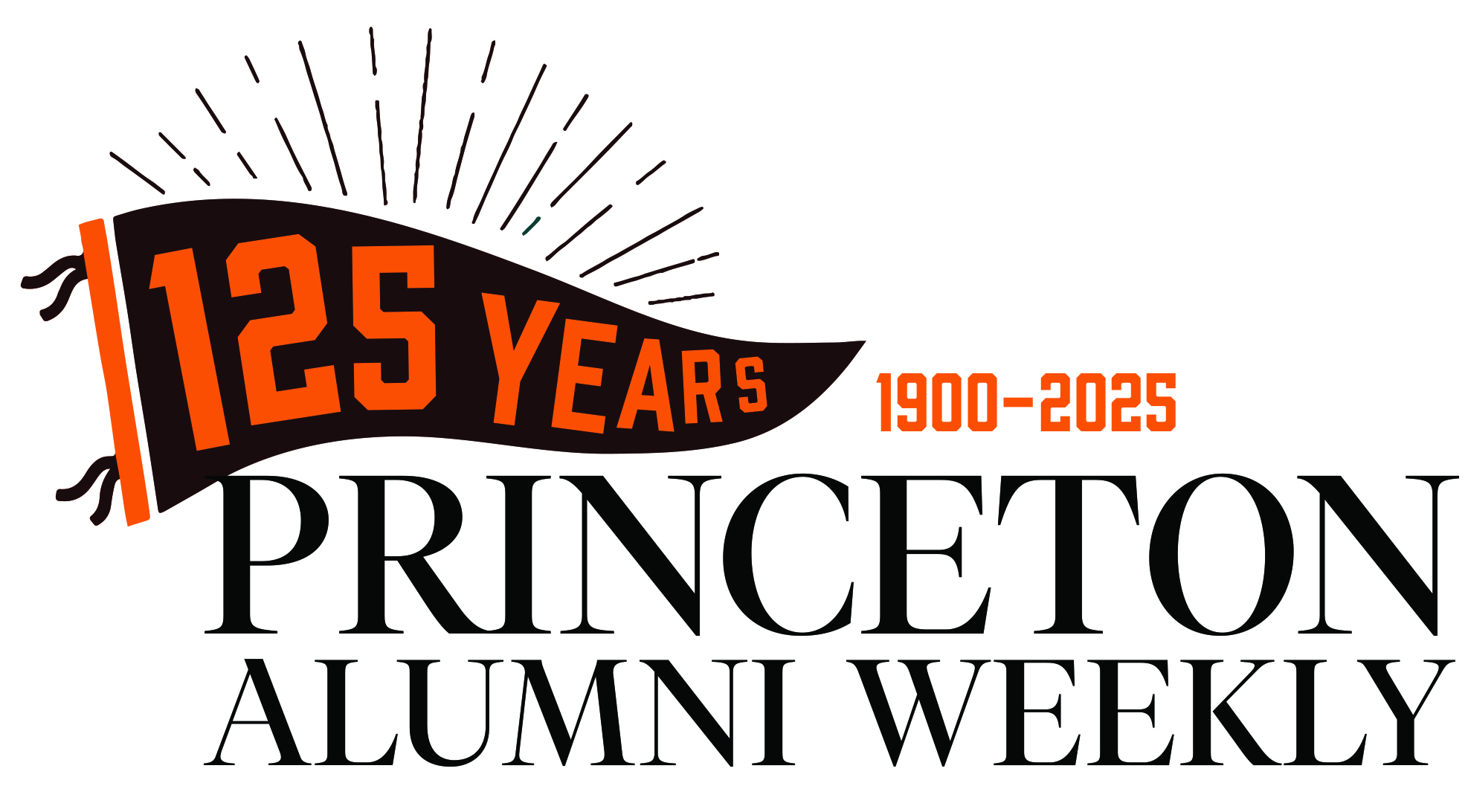






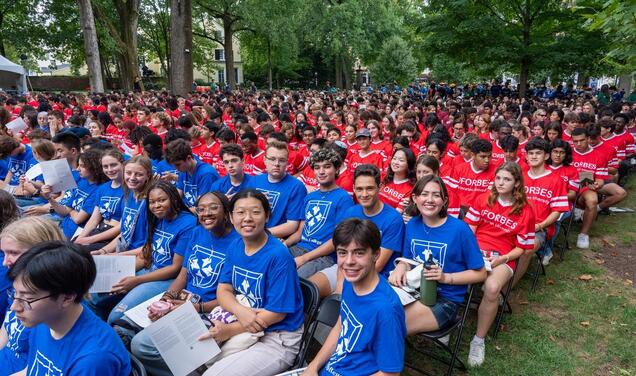
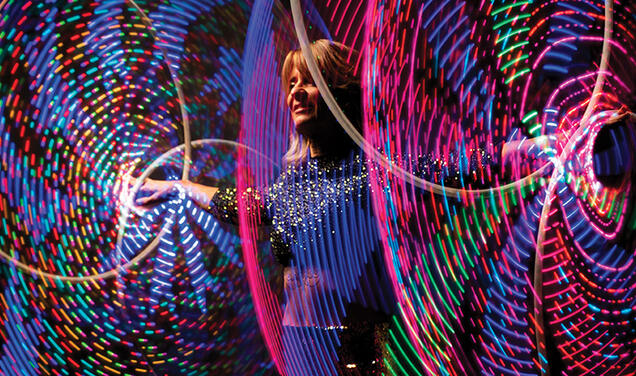
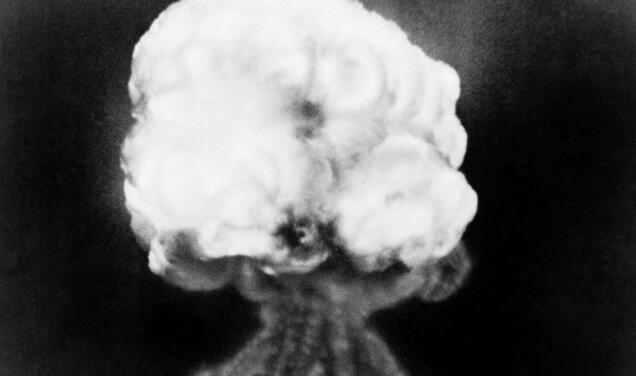

1 Response
John Delaney ’67
2 Years AgoThanks for the Memories
Thanks for retelling the story of Princeton basketball in 1967. What a memory! And thanks to PAW for showcasing the magic of this year’s team’s Cinderella story and its impact on students and alumni. My roommates and I will gather tonight from around the country for a Zoom watch party.